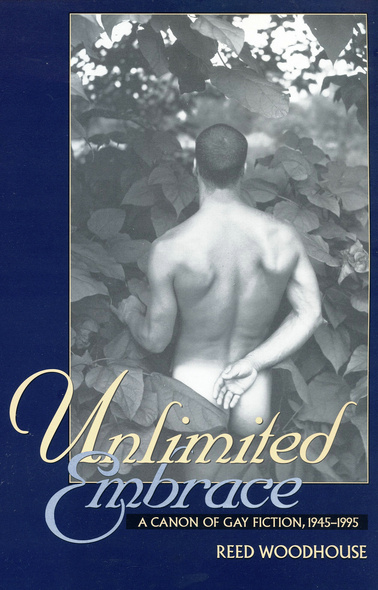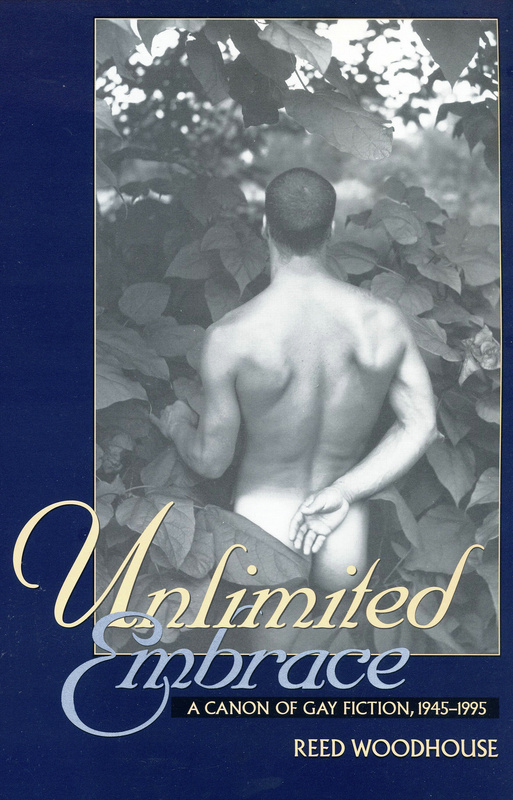Unlimited Embrace
A Canon of Gay Fiction, 1945-1995
University of Massachusetts Press
In this pathbreaking book, a gay literary critic evaluates a half-century of fictional works "by, for, and about" homosexual men and situates them in the context of an emerging American gay culture. Reed Woodhouse shows how the best gay fiction of the period, like all good literature, not only reflected but anticipated social changes that were afoot—from the founding of the first enduring gay rights organizations through the Stonewall riots to the ambiguous mainstreaming of homosexuality that continues today. Written in a personal voice, Unlimited Embrace is as much about gay identity as about gay literature. The canon Woodhouse constructs is not merely a list of gay books worth reading, but a guide to "leading a good life as a gay man" as well. In the fiction of Tennessee Williams, James Baldwin, Christopher Isherwood, James Purdy, Edmund White, Andrew Holleran, Larry Kramer, Ethan Mordden, Dennis Cooper, David Leavitt, and Neil Bartlett, Woodhouse finds intimate glimpses of lives previously veiled in euphemism, slander, and contempt and now striving to take new form. More than that, he raises questions about sexual identity and desire, defiance and wit, that are as relevant to straight readers as to gay ones. Although the book ends with a sober consideration of the literary legacy of AIDS, Unlimited Embrace is more celebration than lament—an affirmation of the enduring power of literature to shape life.
Woodhouse is a first-rate literary critic of the old school—of the sort I feared had become extinct from breathing the exhaust fumes of poststructuralism. In fact, he reminds me a bit of Edmund Wilson (I do not make this comparison lightly) in his shrewd book sense and his sparkling prose style.'—John W. Crowley, editor of Genteel Pagan: The Double Life of Charles Warren Stoddard
'One of those rare works of literary criticism that is itself a work of literature.'—David Bergman, author of Gaiety Transfigured:Gay Self-Representation in American Literature
Reed Woodhouse teaches English at MIT. He is an associate editor of the Harvard Gay and Lesbian Review and a contributing editor with the Boston Book Review.






